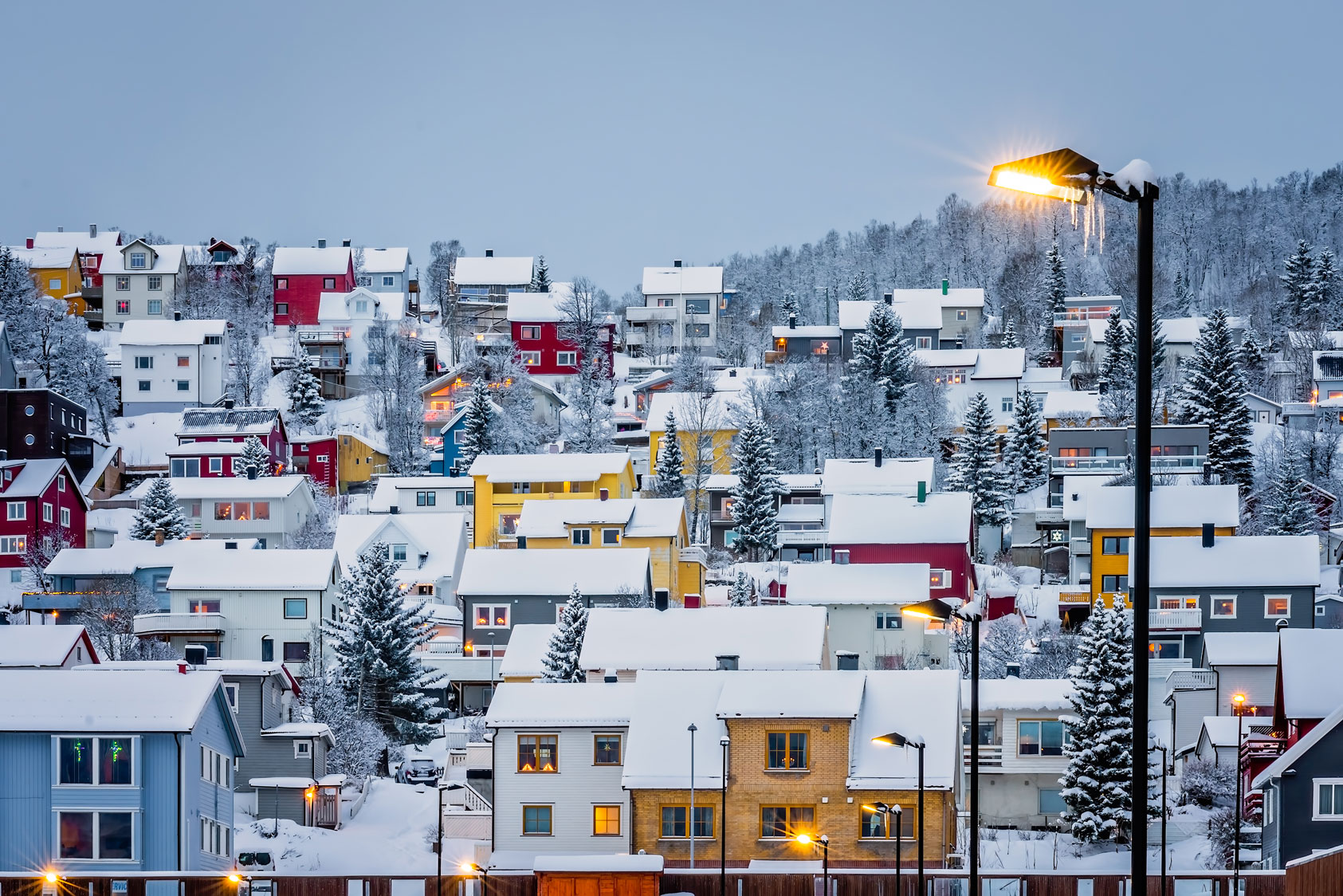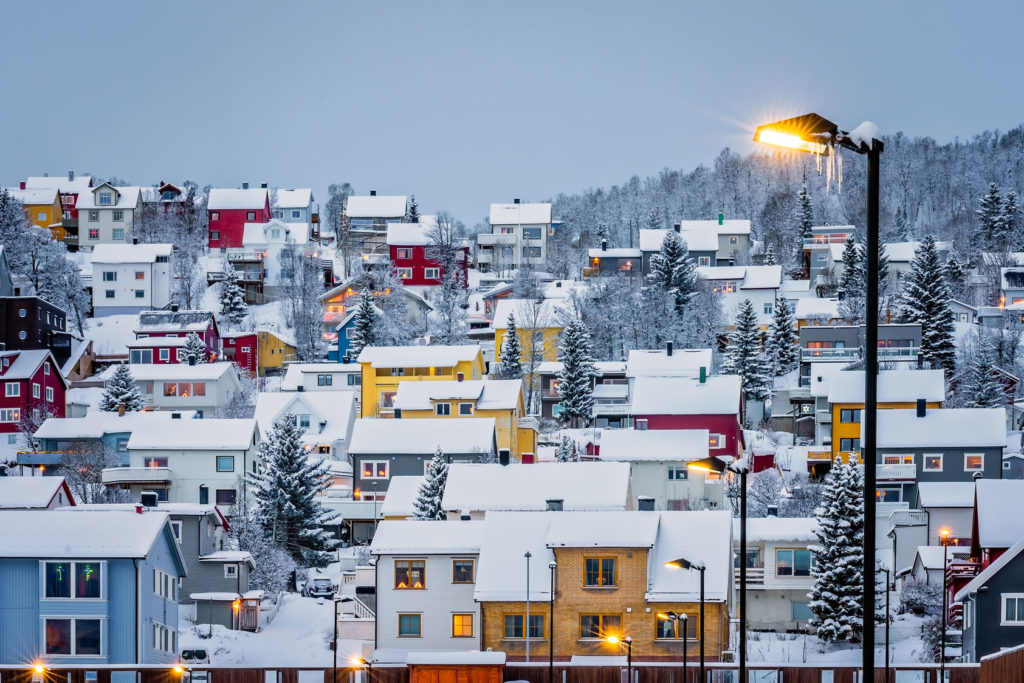Learn More
x





Are you looking for answers about preparing your home for winter? We got you covered with 15 amazing tips to help you with that quest!
As any resident of Massachusetts knows all too well, dropping temperatures bring with them snow, ice, and a unique host of challenges for homeowners looking to get ahead of weather-related issues and property damage.
Your homeowner’s insurance should cover a variety of scenarios, often referred to as “named perils,”.
BRZ collaborates with some of the best homeowners insurance companies to secure the right coverage for every property.
However, we also adhere to the old proverb that “an ounce of prevention is worth a pound of cure.”
Planning ahead for major winter storms and for typical winter weather conditions in general, will not only help you economize on energy bills but can also save you from other financial burdens resulting from damage to your home.
Certain measures are simply a matter of a quick trip to the hardware store!
Consider doing the following:
Drafts can amount to up to one-third of heating costs during the winter.
Simple tricks, like using the flame of a candle, can help you identify the source of drafts.
You should pay attention to window shrinks and seals, caulk, weather strips or door thresholds, rubber, and foam.
While checking for drafts, verify that all outlets and switches have covers that prevent cold air from coming in as well.
They can, fortunately, be insulated with an appropriate covering, particularly if they reside in an unfinished basement.
Pipe insulation, like foam, can be applied directly to the pipes that run to and from your water heater.
These measures will also help maintain a continuous supply of hot water despite the cold conditions.
To avoid scalding and save on energy costs, it is recommended that you keep the water heater thermostat around 120°F.
If you plan on leaving your house for an extended period of time, make sure you leave the heat on at a temperature of at least 55°F.
That will help you to avoid coming home to frozen, or worse, burst pipes.
That gives you the option of controlling your home’s temperature remotely via your cell phone.
You can also schedule the heating hours, which can save and money.
Also, having a smart home can be super fun! 😀
Make sure they are replaced regularly (approximately every 90 days).
Dirty filters are responsible for unnecessary wear and tear to your furnace.
Especially during the winter months when it works harder to keep your home comfortably warm.
If you have ceiling fans, use them to increase energy efficiency by setting them to rotate in a clockwise direction.
That will direct hot air, which naturally rises, downward.
Clean out gutters, particularly after the rainfall and accompanying dead leaf accumulation that happens during the fall.
The reason for that is to prevent moisture build-up and, eventually, ice dams.
This will help with preventing the formation of icicles as well.
Clogged gutters are heavier which can lead to damage to the gutters themselves as well as to your home’s roofing.
Gutters backed up with snow and ice, in addition to a roof laden with accumulated snow, can result in water leaking into your house when the sun comes out after a snow storm.
Apart from the immediate damage, this can cause, moisture and water condensation can lead to mold which comes with its own set of problems.
Drain any pipes and hoses connected to outdoor AC units.
Also, cover the units themselves to protect them from snow and ice that could harm them.
Ensure vents around the house are clear of snow and ice that could disrupt proper ventilation and insulation and shut any crawl space fans to prevent cold air from entering unsuspected.
Not surprisingly, fires are a common occurrence in the winter when furnaces and boilers are in overdrive as people try to keep warm.
So it’s very important to make sure your smoke detectors are working properly.
To that end, remove any hoses and cover exposed spouts too.
If you have a sprinkler system in place, confirm it is drained and turned off so that you are not scrambling to repair it when you try to re-activate it in the spring.
And don’t forget to turn off the outdoor water supply in order to prevent those pipes from freezing as well
Other weather-proofing measures may involve a bigger financial commitment or foresight in terms of implementing before winter arrives, such as:
If you own an older home in order to keep energy costs down while maintaining a more comfortable temperature indoors.
If water gets trapped in those cracks during storms and then goes through cycles of freezing and thawing.
It can exacerbate the cracks and cause extensive damage to concrete surfaces which will then incur higher repair costs.
Similarly, you should check your home’s foundation for any spots where water could trickle into your basement.
It is a good idea to do that in order to prevent fires that could start due to leftover combustible materials or obstructions.
You can do that by purchasing potassium-rich winterizing feed for cool-season grasses.
Once winter arrives, drain the gas out of your lawnmower and weed eater, if you own any, in order to prevent gas from going into the machines and resulting in issues once spring arrives.
Trim large branches that could get weighed down by snow and then break causing damage to your house, car, or power lines.
You can also invest in a snowblower if you own a larger property.
Or even make plans with a professional to plow your driveway if you have one on the larger side.
Apart from yearly weather-related preparations, opting for upgrades that double as preventative measures.
Replacing an old roof or installing water shutoff devices that shut the water supply if the damage to plumbing or water supplies is detected, may not only lower your risk of dealing with issues but can also earn you discounts on your homeowner’s insurance coverages.
A typical homeowner’s insurance estimate takes into account the condition of your home so being diligent about maintenance can go a long way towards avoiding claims, which in turn can earn you additional discounts in the long-term for being loss-free.
Now you know how to take care of your home during the winter!
Next time the forecast predicts snow, you can just watch from inside your warm living room while sipping some hot tea or cocoa!
Learn More

With winter just around the corner, we have compiled a list of preventative measures you can take now to ensure your house is prepared for the cold ahead.

About one in eight drivers do not have uninsured driver coverage and end up having to pay for all the damages of an accident with their own pocket. How to avoid having this cost in advance?

We are an insurance company made by people for people. A community that speaks tyour language, with people who care about your future! Here you can find all the protection and care that a home offers. Come and join us!
Get a Quote

Need help? Chat with BRZ!
x